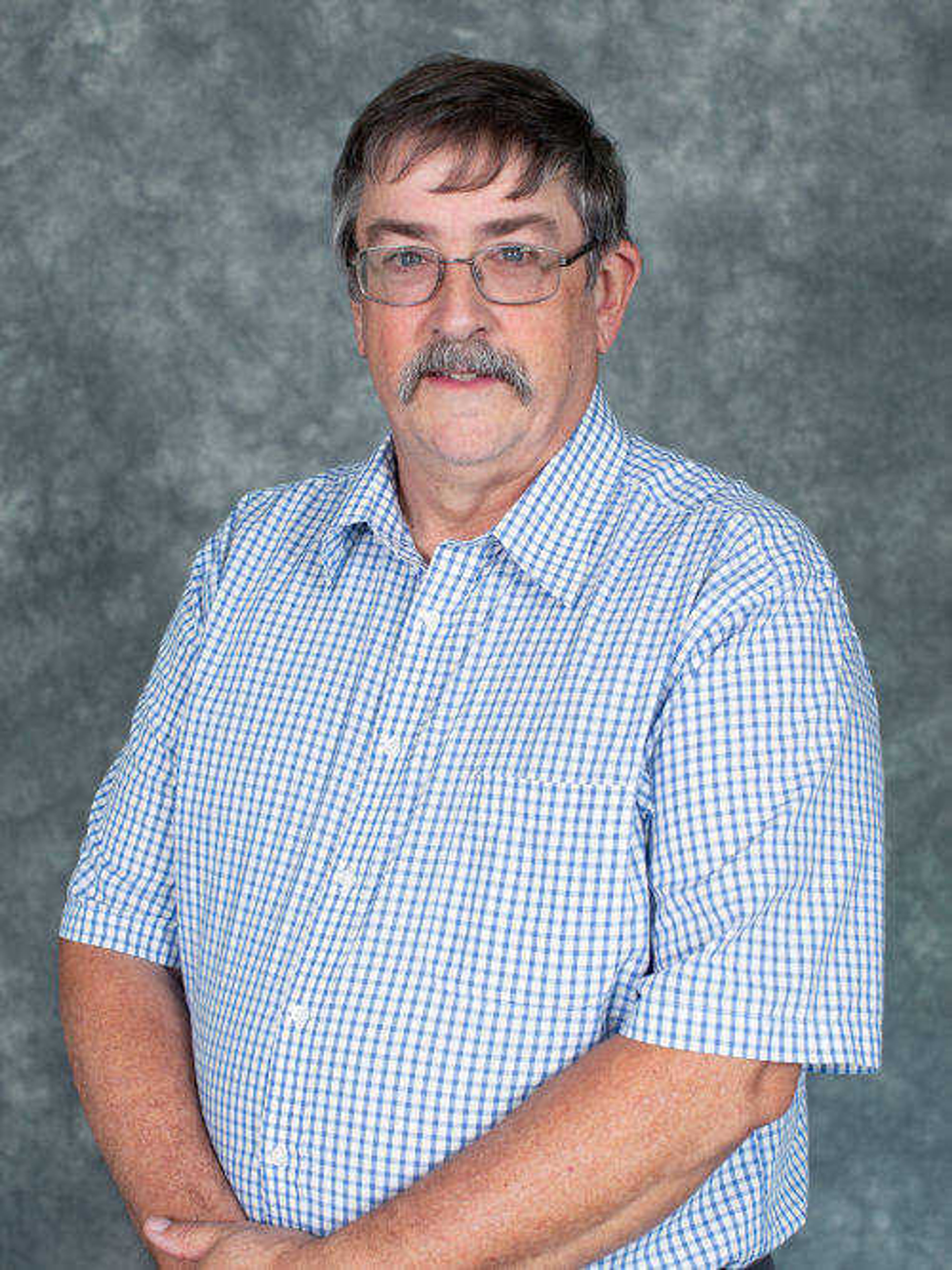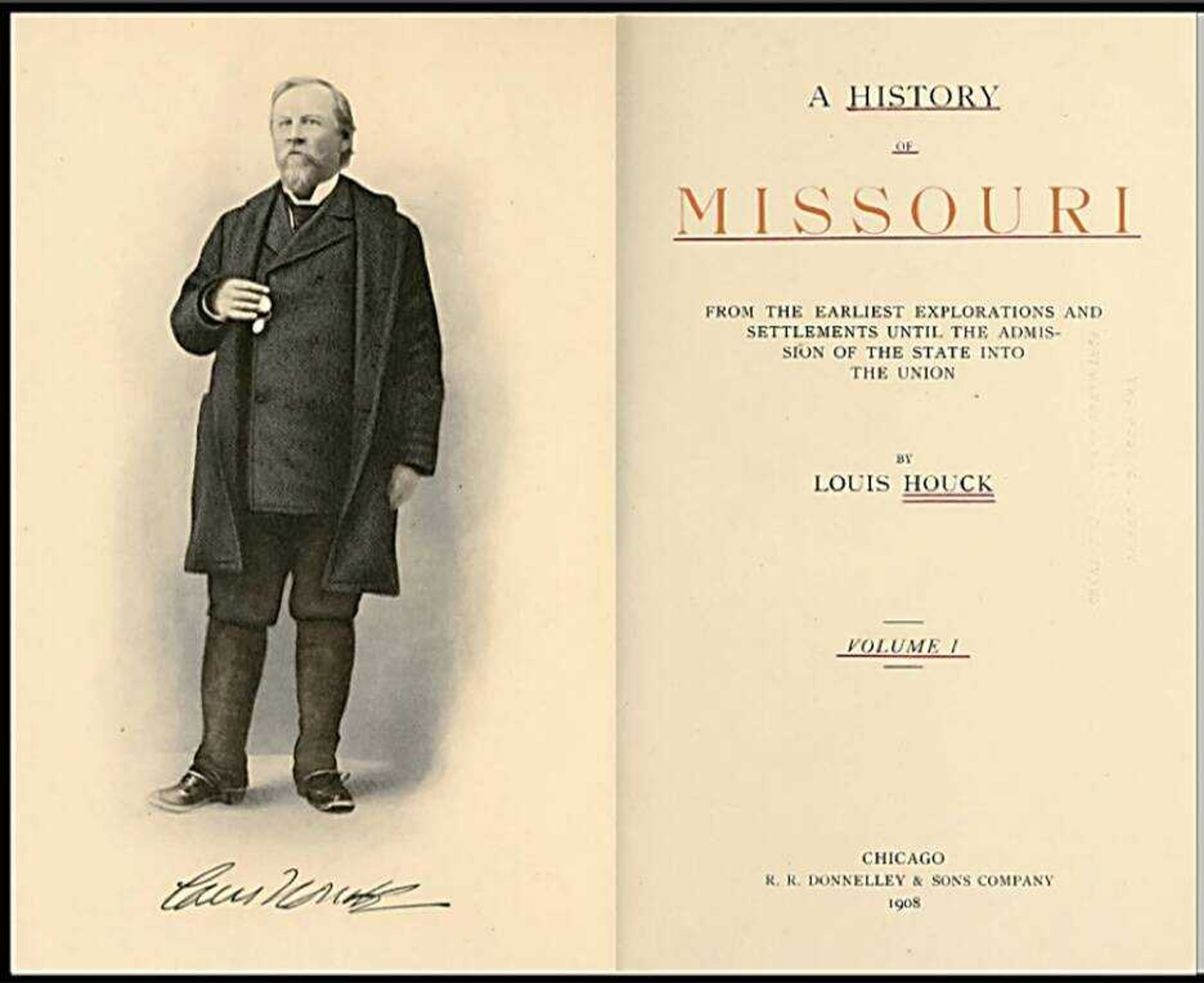Online resources for genealogy II: Queries and types of websites
The ability to craft a useful query is vital if you want to get the information you need via a message board, email exchange, chat room or other social media platform. In general, good queries should have a name, at least approximate dates, location(s) and a question that has an end point.
The ability to craft a useful query is vital if you want to get the information you need via a message board, email exchange, chat room or other social media platform. In general, good queries should have a name, at least approximate dates, location(s) and a question that has an end point.
Here is an example of an unfocused query and a better alternative. First: “Anyone researching Smiths in Podunk County? I think they were in Missouri, but it may have been Illinois. Looking for everything you have.” The problems with this query include asking for a bunch on a common surname, no good focus on a given name and location (just a guess) and being completely open-ended. That is, how would anyone know when they had the answer? Better: “My ancestors John and Mary Smith came to Podunk County ca. 1810. They appear in Any County, Texas, in 1858. Did John purchase land in Podunk County?” This is a good specific query, it names individuals, location and approximate date, and focuses on a land record between about 1810 and 1860.
Many family historians beginning their research think that all relevant records are in digital format online. The main ones are for most locales, but there are many that are not only unavailable online, but may only be available in the original paper format. Another mistaken impression is that most families have accurate online trees. In my experience, nearly all have at least some mistakes, and over half (if not more) are so inaccurate that they only provide clues to further research. A major problem is that many inexperienced genealogists simply copy or repeat other online trees. Repetition makes them no more accurate! My motto when it comes to online family information is the old Cold War adage of, “Trust, but verify.” In some cases, “Don’t trust, and do better!”
Genealogical websites include information based on content. Some are compiled lists of links to other websites with actual records. Local societies maintain genealogical websites in many cases, and these sites have information of local interest. An early effort in this regard was the USGenWeb ( usgenweb.org/ ), established in 1996. Its goal is to provide free online resources for genealogy for every state and county. A number of these sites still exist and receive regular updates, but many are “dead.”
Although subscription sites receive most of the focus because of advertising, free sites are common. Genealogists have used “Cyndi’s List” ( cyndislist.com/us/ ) as a trusted starting point for access to online genealogy for over 25 years. This is a categorized and cross-referenced index to genealogical resources on the Internet. It provides no records but consists of lists of links that point to genealogical research sites online. Consider it a "card catalog" to genealogical collections in the immense library that is the Internet.
The U. S. National Archives and Records Administration ( www.archives.gov/research/start/online-tools.html ), state archives and local archives maintain websites with access to records under their care. The number of records accessible varies considerably. Missouri’s is particularly good and is a primary provider of information for the Missouri Digital Heritage ( www.sos.mo.gov/mdh/ ). Similarly, archives, local groups and state groups often have social media sites on Facebook, Instagram, X and others. Search for the location to find these groups in the appropriate social media.
Other sites specialize in genealogical education. A good free site is YouTube ( www.youtube.com/ ), where there are instructional videos on dozens of facets of genealogical research and records. Use the search bar to find them. The National Genealogical Society maintains home study courses (most have a fee) that you can access at www.ngsgenealogy.org/cs/home . Another site with hundreds of presentations available via streaming is Family Tree Webinars: www.familytreewebinars.com/ . A few of these are free, others require a subscription.
Another way to learn online is to read blogs maintained by experienced genealogists. There are many, but two stand out: The Legal Genealogist ( www.legalgenealogist.com/ ) from genealogist and attorney Judy Russell, and Evidence Explained ( www.evidenceexplained.com/blog ) from Elizabeth Shown Mills.
You can access out-of-print books on several sites such as Internet Archive ( www.archive.org ), Hathitrust ( www.hathitrust.org/ ), GoogleBooks ( www.books.google.com/ ), and others. Some sites specialize on a narrow range of topics, such as military or land records. Comprehensive websites allow you to access a few to thousands of types of records, an example being www.Ancestry.com
Connect with the Southeast Missourian Newsroom:
For corrections to this story or other insights for the editor, click here. To submit a letter to the editor, click here. To learn about the Southeast Missourian’s AI Policy, click here.











